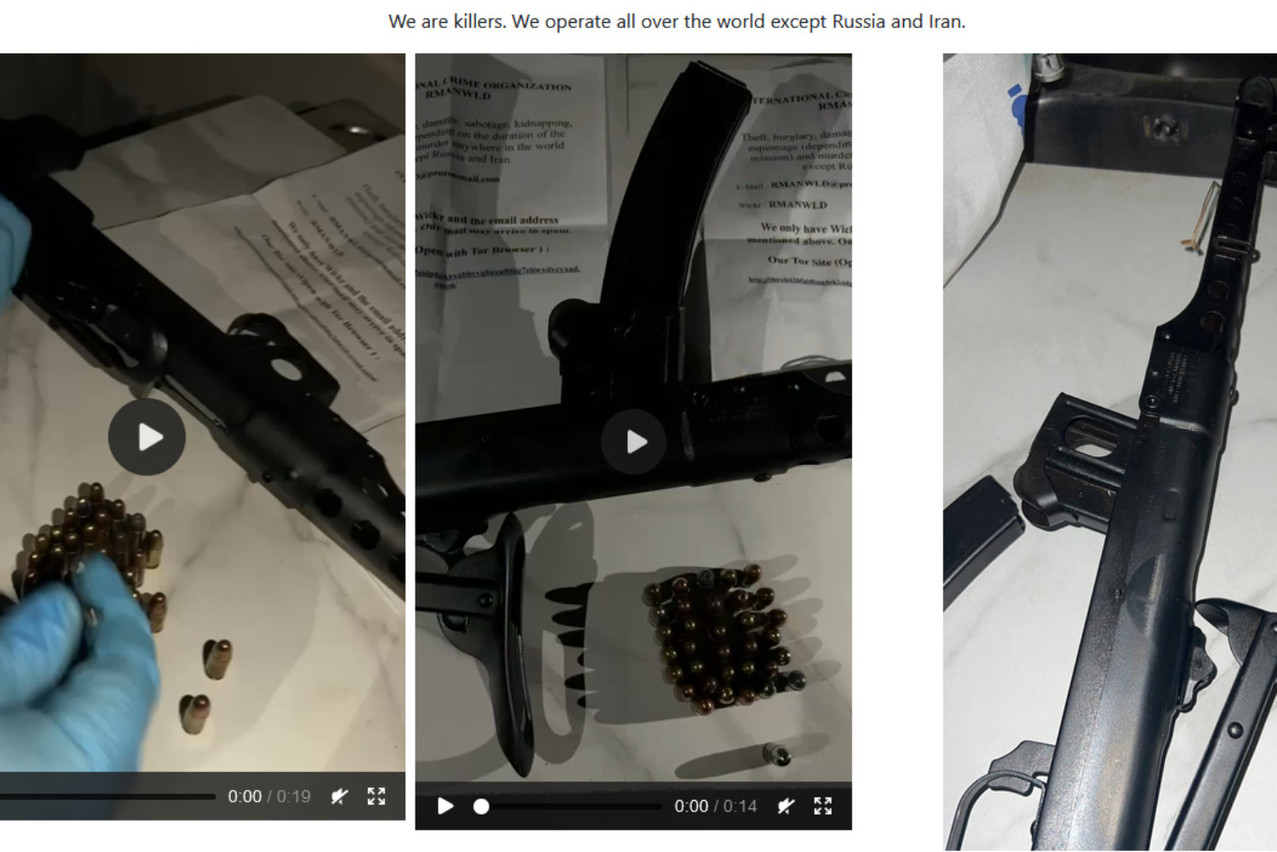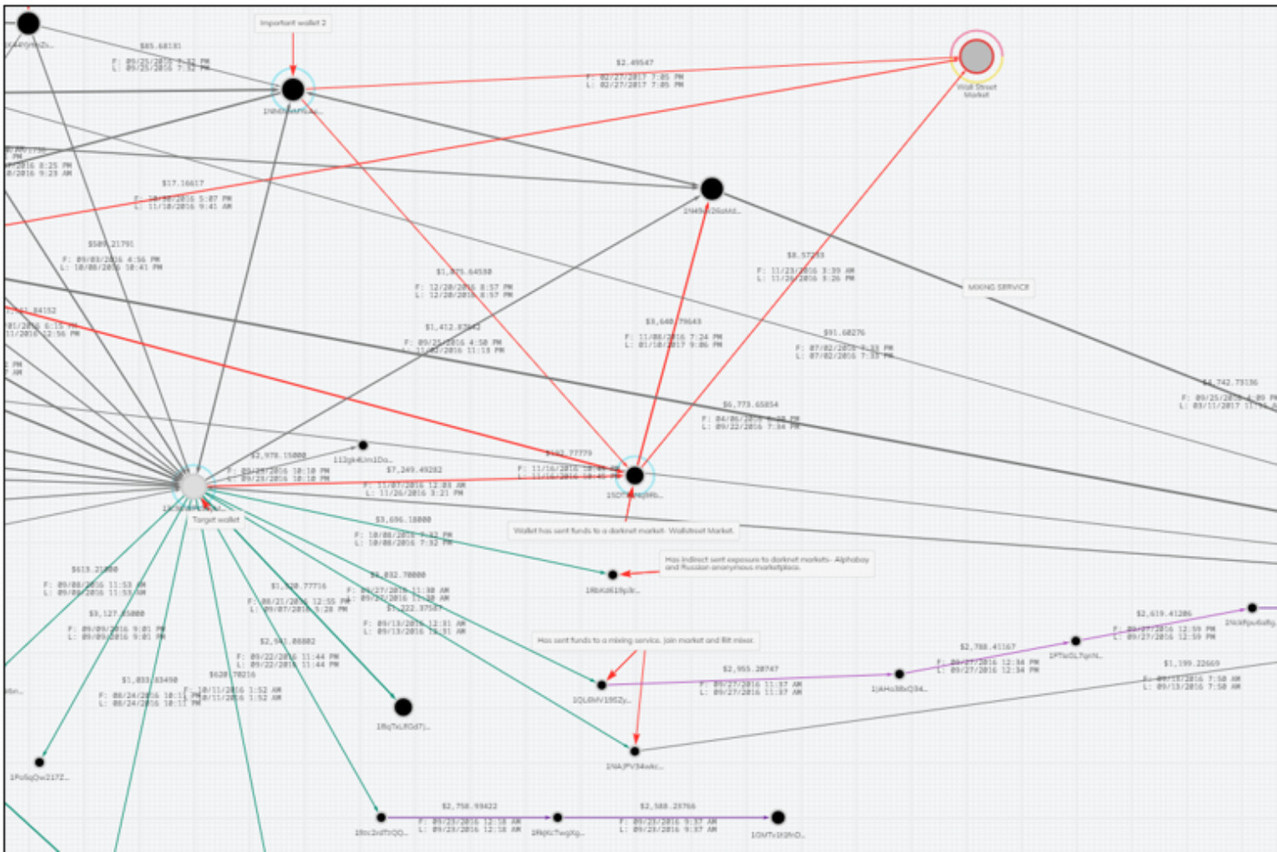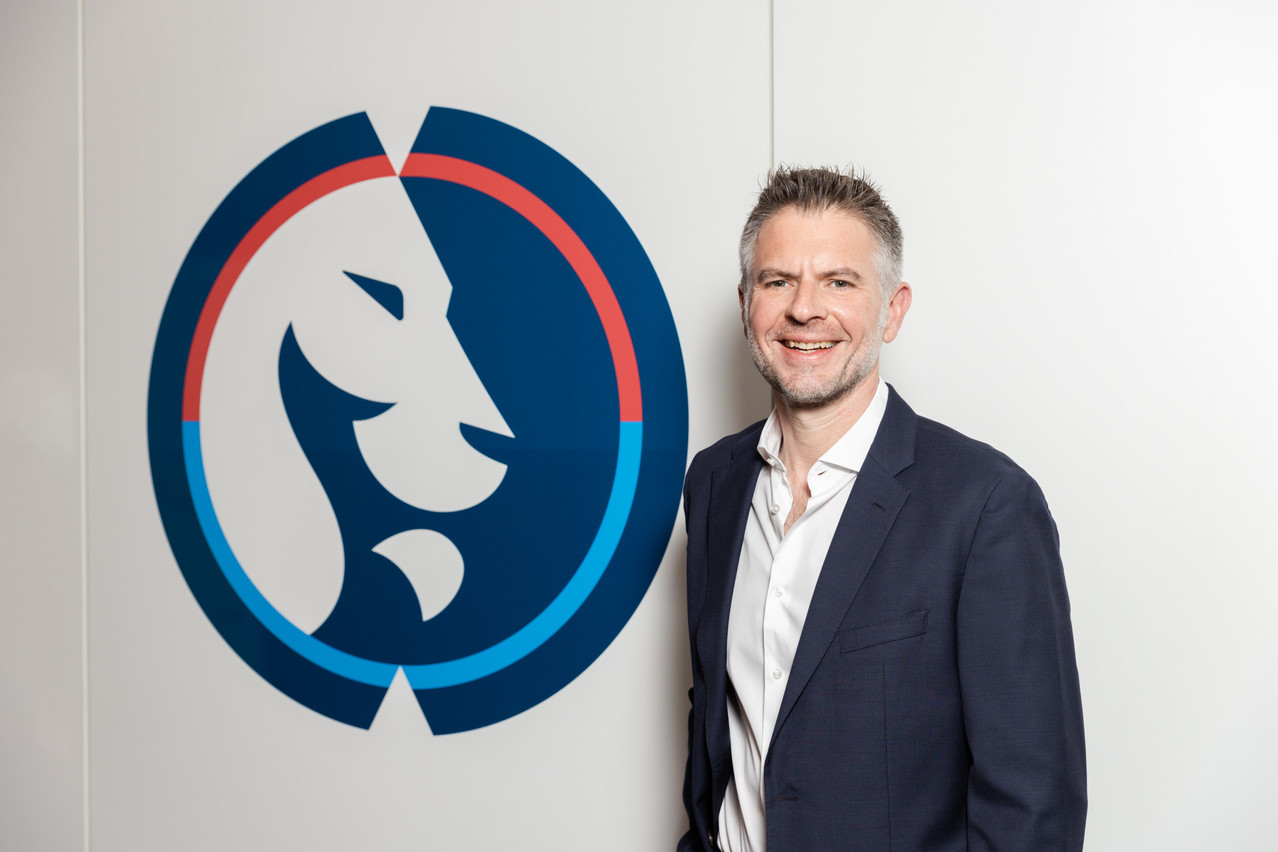Today, the darknet is more complex. Often confused with the traditional web or the deep web, which account for 4% and 90% of the entire internet respectively, the darknet is in fact a small enclave (the remaining 6%) accessible only via specific software, guaranteeing relative anonymity for users.
The deep web corresponds to information that is not referenced by so-called ‘classic’ search engines such as Google, Bing, etc.
One of the most alarming but real aspects of the darknet is the ability to buy products and services whose only limit is the buyer’s imagination. This dark network facilitates criminal transactions such as the hiring of hitmen or the purchase of firearms by offering almost absolute anonymity, whether for the buyer or the seller.

Images of weapons found on the darkweb. Screenshot: Benoît Poletti
Another widespread sales activity on the darknet is drug trafficking, with a multitude of illegal substances available, ranging from common drugs such as marijuana, cocaine and heroin to more recent and dangerous synthetic drugs. Payments are often made via cryptocurrencies, adding a further layer of complexity to these illicit transactions.

While covid seems to have given rise to home delivery of drugs, the darkweb has long been an open-hearted supermarket. Screenshot: Benoît Poletti
We are also seeing a proliferation of ways of creating deepfakes. These fake videos, using artificial intelligence techniques, consist of falsifying the appearance and actions of real people. Deepfakes first came to public attention when they were used during national elections to sow confusion. Today, their use is also more targeted, focusing on an individual and making those around him or her believe that he or she is engaged in dubious, immoral or illegal practices.
These deepfakes are becoming a major concern because, although they are well executed, they are difficult to detect. Few technical solutions are available to the general public, and unfortunately a fake video is often considered to be genuine and authentic.
Many other activities proliferate on the darknet, such as the resale of false identity documents for the purposes of crossing borders, human trafficking or the creation of bank accounts.
Combating the dark mysteries of the darknet
Despite the scale and diversity of criminal activity on the darknet, it is important to stress that law enforcement agencies, such as police forces and intelligence agencies, both national and international, are cooperating on an ongoing basis to track down and dismantle the networks concerned.
The investigative methods used include data analysis to identify connections between users and criminal activity.
The agencies also deploy undercover agents on the darknet to monitor criminal activity, establish contacts with criminals and gather evidence.
They are also investing in advanced cybersecurity techniques (which cannot be discussed here) to infiltrate darknet criminal networks, track IP addresses, identify users and gather electronic evidence.

Tracking the movement of bitcoins is a key element. Screenshot: Benoît Poletti
Europol, the European criminal police agency, has scored a recent success, with the arrest of nearly 300 drug traffickers active on the darknet and the seizure of a large quantity of illegal substances, including hundreds of kilograms of amphetamines, dozens of kilograms of cocaine and MDMA, and so on.
The darknet or the other side of the digital mirror
Artificial intelligence, ChatGPT and the metaverse are recent technologies available to the general public that are helping to accelerate the digitisation of society. But don’t be fooled into thinking that these technologies won’t be used by criminal organisations on the darknet. Quite the contrary!
Imagine a ChatGPT specially designed by (and for) these organisations, offering scenarios for cyberattacks, destabilising countries or new drug recipes...
The metaverse, this 3D virtual world, already has its equivalent on the darknet: the darkverse. It brings together virtual training camps for attacks or the development of cyber weapons.
Digital wars are set to intensify in the coming years, whether between states, between law enforcement agencies and criminals, or even simply between individuals.
We are thus seeing the first outlines of the digital Wild West, with a battle for control of the new technologies, and increased risks for the security and privacy of individuals. For it is in this universe that ‘good and evil’ will meet for an epic confrontation...
*Benoît Poletti is director general of the public agency Incert, considered to be a centre of expertise in the fields of cybersecurity and digitisation. This agency manages critical national and international IT infrastructure, as well as developing solutions used in identity management and cryptography. Poletti represents Luxembourg in European and international bodies such as UN agencies, and also works internationally on cybersecurity and digital governance issues in emerging countries.
This story was first published in French on . It has been translated and edited for Delano.
